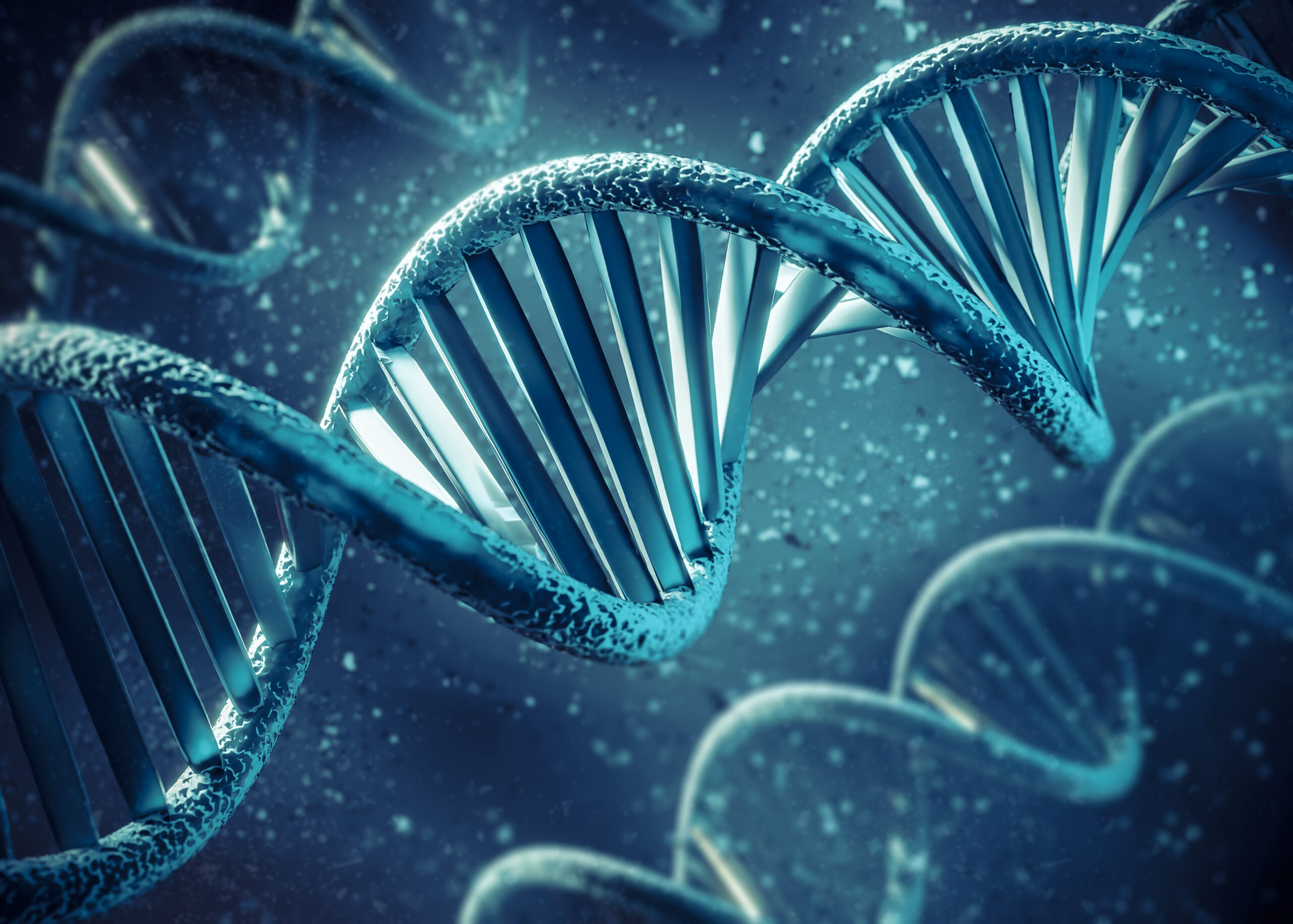Before 2012, the medical community largely agreed that hyperbaric oxygen therapy (HBOT) should never be used on cancer patients. The fear was that increasing oxygen under pressure would “turbocharge” cancer cells, causing them to grow faster. This belief has since been proven false. Numerous studies now show that HBOT can have the opposite effect, offering important benefits in cancer care.
Why HBOT Works Against Cancer
Most cancer cells rely on anaerobic metabolism, meaning they prefer glucose as their primary energy source and avoid the Krebs cycle used by healthy cells. This process produces toxic byproducts, limiting their ability to metabolize fats and fatty acids.
Hyperbaric oxygen therapy helps healthy cells switch to fat metabolism, a process that cancer cells cannot adapt to. This is why many experts recommend pairing a ketogenic diet with HBOT when treating cancer alongside conventional therapies.
Research also shows that HBOT:
-
Sensitizes cancer cells to radiation therapy, making them more vulnerable to its effects.
-
Enhances the effectiveness of chemotherapy by increasing its toxicity to cancer cells. This opens the door to using lower doses of chemotherapy, potentially reducing harmful side effects.
-
Prepares the body for radiation treatment by helping it better withstand the effects of radiation.
HBOT and Immune System Support
Aging affects how our immune system detects and destroys abnormal cells. Natural killer (NK) cells act as the body’s surveillance system, identifying and eliminating cells that could turn cancerous. Certain medications, including some used for arthritis, can weaken NK cell activity and increase cancer risk.
HBOT has been shown to modulate and boost immune function, making the body a less hospitable environment for cancer. It also impacts tumor biology by influencing factors such as:
-
HIF (Hypoxia-Induced Factor)
-
VEGF (Vascular Endothelial Growth Factor)
These shifts can activate tumor suppressor genes, like P53, leading to further anti-cancer effects.
Important Safety Considerations
Hyperbaric oxygen therapy is not a stand-alone cure for cancer. It must always be integrated into a comprehensive treatment plan and coordinated closely between the hyperbaric physician and oncologist. Certain chemotherapy drugs—such as Doxorubicin, Bleomycin, and Cisplatin—are contraindicated with HBOT due to increased toxicity risks.
Key Takeaways
-
HBOT does not promote cancer growth; it can help inhibit it.
-
It can make cancer cells more sensitive to both radiation and chemotherapy.
-
It can help restore the body after radiation therapy.
-
Always ensure treatment is coordinated with your oncology team and avoid contraindicated medications.
-
HBOT works best as part of a multi-disciplinary cancer treatment approach.
At Noah Clinics, we are committed to supporting patients in their fight against cancer. We aim to be your partner in hyperbaric care, working alongside your oncology team to maximize your treatment’s success and improve your quality of life.







